One of the most loved festivals in Southern India which is filled with love, joy, and gratitude is Pongal. It revolves around the making of a delicious dish of rice and lentils. Lately, however, most of us have begun wondering if we could celebrate this festival in a manner that would not only benefit our health but also the environment as well.
The good news is that we can! Using eco-friendly ingredients, we can usher in the green Pongal festival and make Pongal without harmful chemical utilization. In this guide, we walk you through how to make Pongal sustainably without omitting the flavor and specialness of this dish. Let's retrospect on how celebrating Pongal can be a beautiful and environment-friendly experience with sustainable products with traditional methods.
Significance of Being Green During Pongal Celebrations
Lately, we have begun to pay much concern to everything we consume in our daily lives. Celebrations, like everything else, are not exempt from this behavior. Most of the more commonly used ingredients in your traditional recipes, such as those for rice sugar, or packaged spices, contain chemicals that are harmful to human health as well as the environment. Minor changes and the adoption of sustainable products can bring good health with it and unscathed exposure to the traditions of the festival.
How to Make Traditional Pongal Without Harmful Chemicals?
Here's a step-by-step guide to making chemical-free Pongal this year, so that you and your family enjoy a wholesome, healthy, and green Pongal festival.
1. Choosing Organic Rice and Lentils:
Pongal is mainly prepared from rice and lentils. Most commercially available types are cultivated with pesticides and synthetic fertilizers. This Pongal, do consider switching to organic rice and lentils.
Organic products are devoid of harmful chemicals and taste better too! Look for brands that label sustainable products and are organic certified. Cooking using organic ingredients means that your Pongal will not only taste better but will be healthier as well.
2. Substitution of Crude Jaggery for White Sugar:
Sweet Pongal, also named Sakkarai Pongal, needs jaggery to be utilized for the sweetness of this dish. Refined sugar, as is routinely used in most residences, has moved into its final processing stages, and primarily, it contains chemicals that could be harmful.
To keep your Pongal natural, use jaggery that has undergone minimal processing and preserves the required minerals. It gives a dish rich in earthy sweetness. Organic or chemical-free jaggery can be readily available at nearby markets or through online stores.
3. Fresh and Organic Spices:
Cardamom, pepper, and cumin provide a kick to the flavor itself of Pongal. The spices bought in shops may even have some artificial colors and preservatives added to them.
Opt for fresh, organic spices for the authentic and healthy Pongal. You could even get whole spices and grind them at home to retain all the natural oils and flavors. This will make your Pongal taste superb and make celebrating Pongal chemical-free and safe for your family.
4. Cook in Traditional Earthen Pots:
Traditionally, Pongal has been cooked in earthen pots in the flames of wood. For ages, people have been using such earthenware for cooking. It is used because of its advantages in retaining all the nutrients of the ingredients.
Preparing food in such pots will not let more heat get concentrated in one place alone, as a result of which the taste would be more balanced. Besides, they are eco-friendly! As you avoid using non-stick or aluminum plates and go for earthenware, there are negligible chances of harmful chemicals seeping into the food. This reinforces the Green Pongal festival way.
5. Avoid plastic and adopt eco-friendly serving products:
Even though you prepare traditional Pongal with much care, the way you present the dish is also critical. Abandon Plastic plates, cups, and forks and use biodegradable or reusable serving ware. Banana leaves, which are traditional and eco-friendly, give an authentic feel to your celebrating Pongal festival. Besides, banana leaves are compostable; hence, they are the best sustainable product choice.
Conclusion: Make This Pongal a Green Festival
Pongal is an extremely beautiful occasion to reflect on the gifts of nature and be thankful for the harvest. Organic ingredients, traditional cooking pots, and the use of more sustainable products can help make this a genuinely green Pongal festival. Such small changes not only make food healthier but also reduce one's impression of the environment.
So, this year, while preparing your Pongal, take a pause and introspect about the choices you are making. Let's celebrate with love, care and respect for one's health and the planet. Embrace traditions with eco-friendly vibes, and chemical-free vibes. Become part of the wave towards more sustainable living starting today at Pongal!
Ready to make the switch? Get your ingredients, get your earthen pot ready, and then celebrate Pongal like you never have before, the green way!
Check out our Eco-friendly Products here:

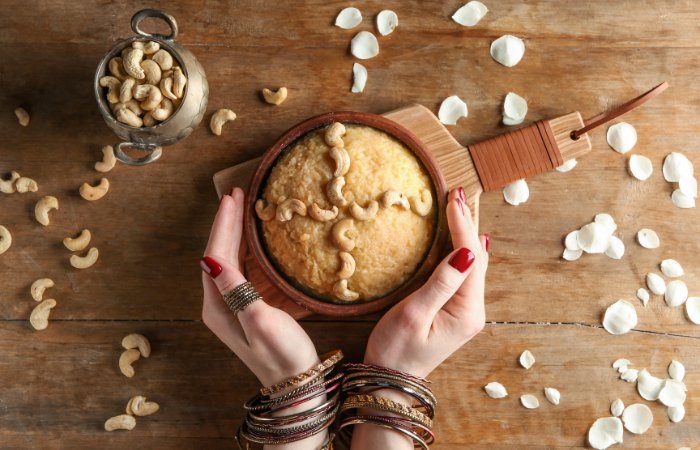











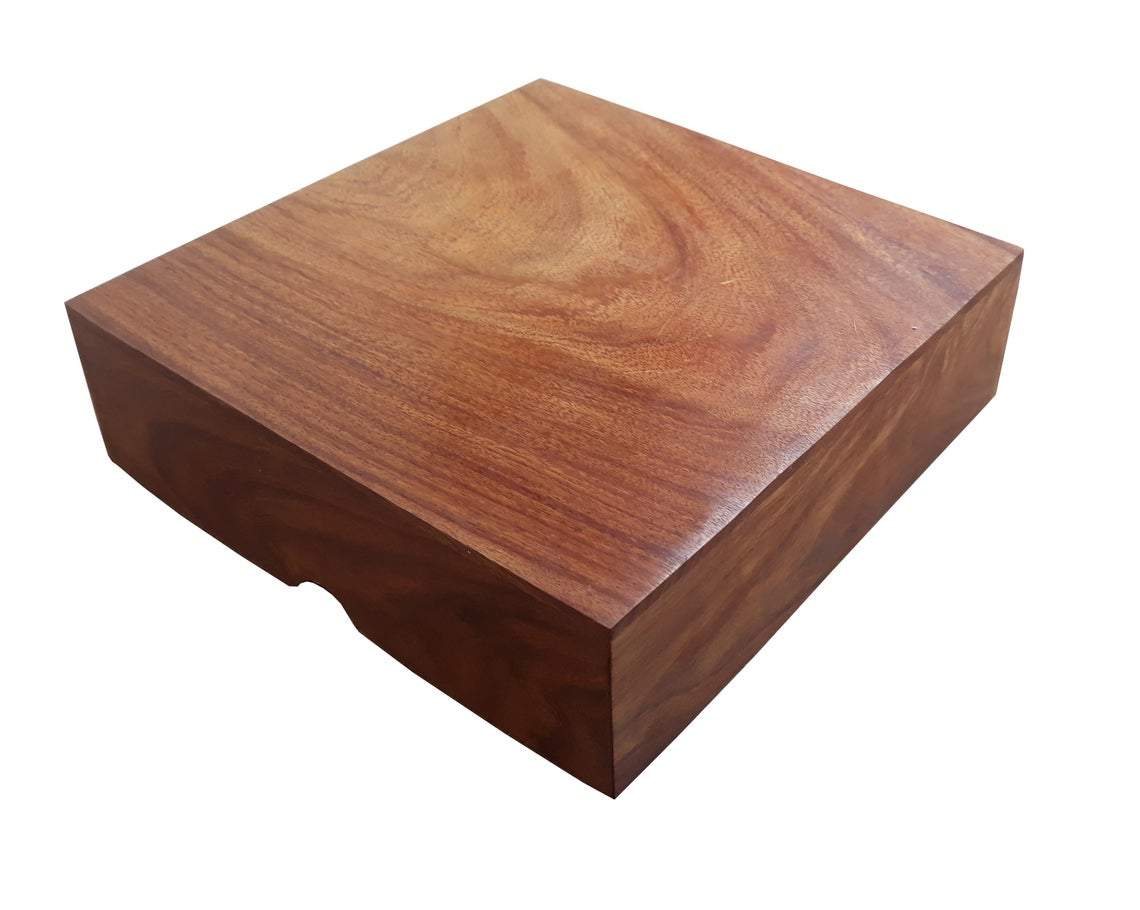



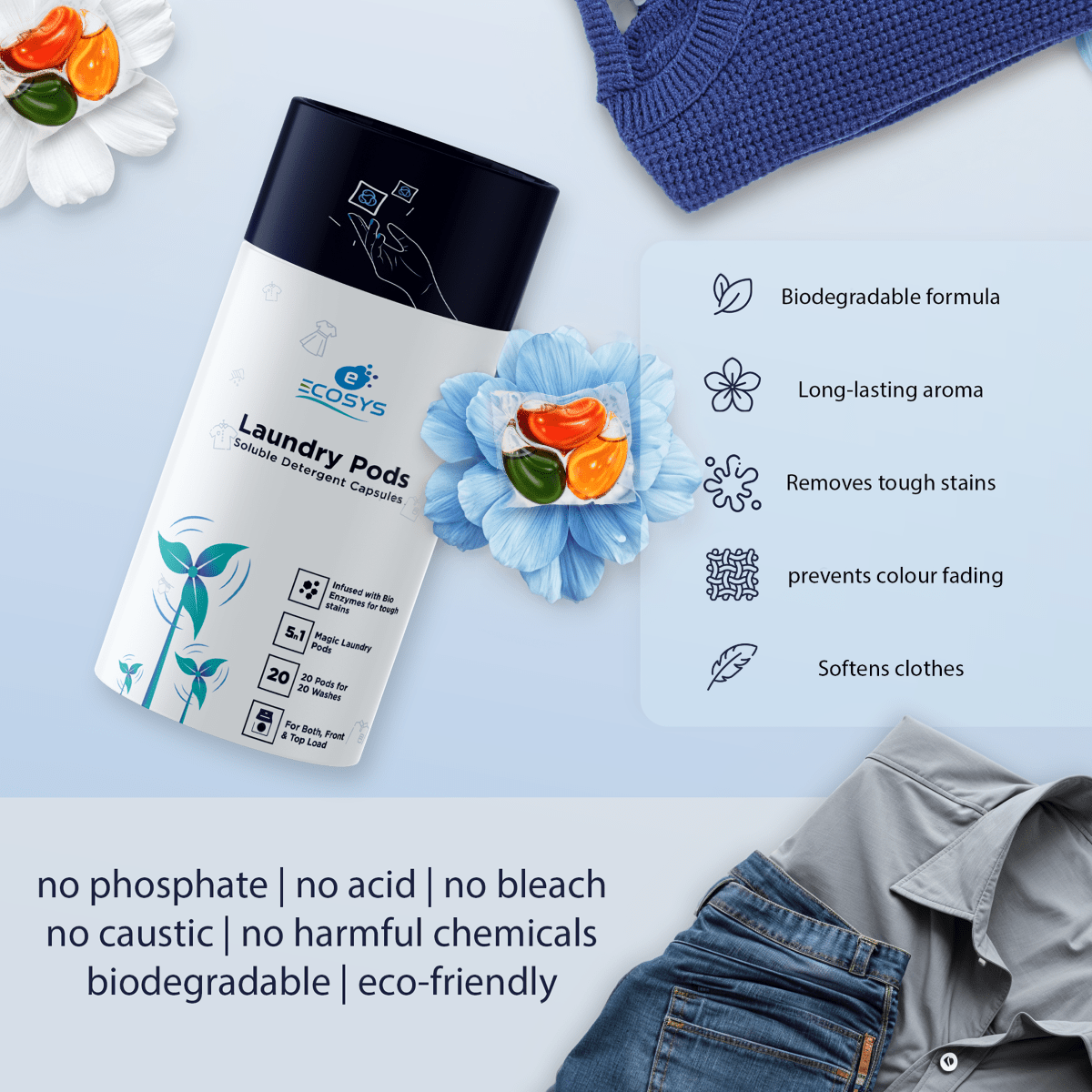

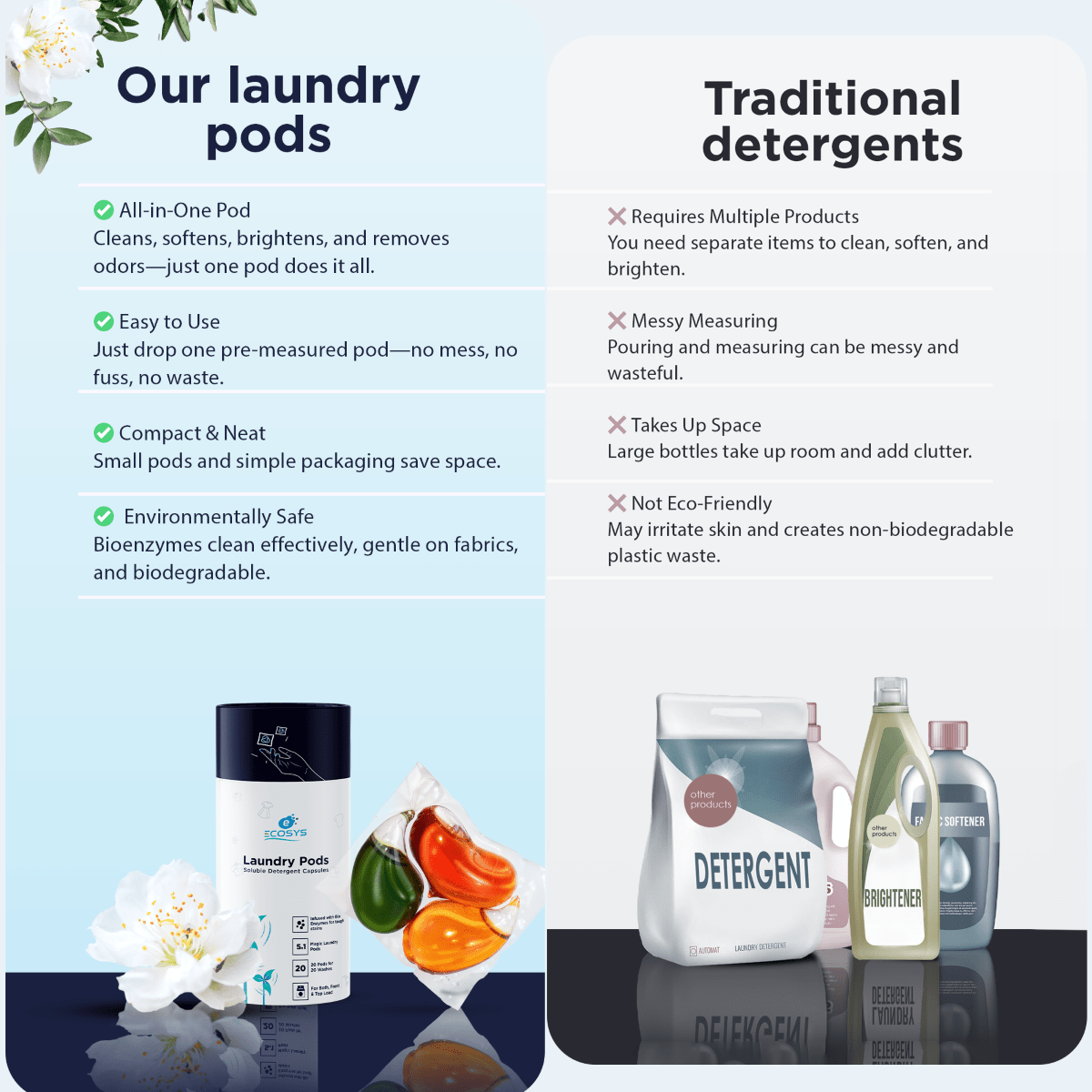





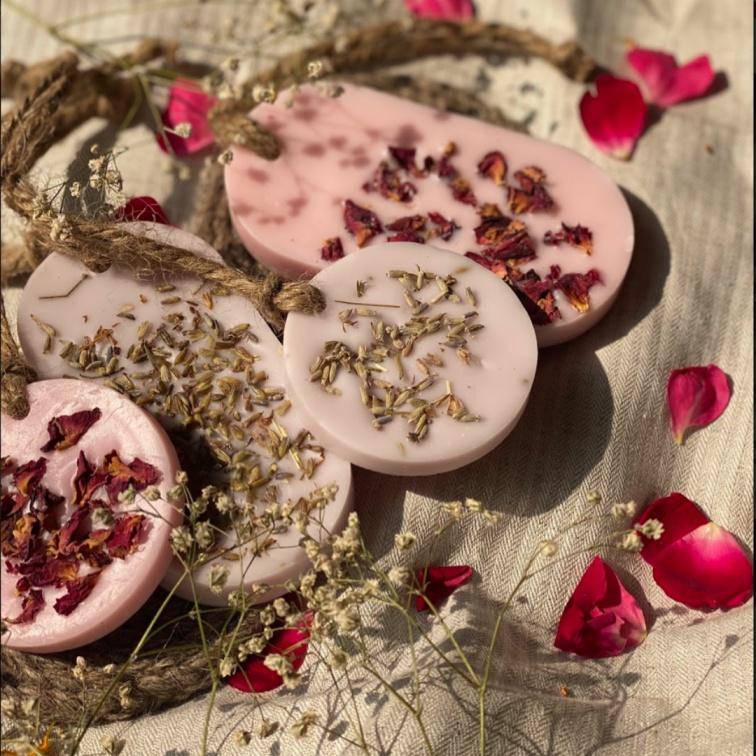
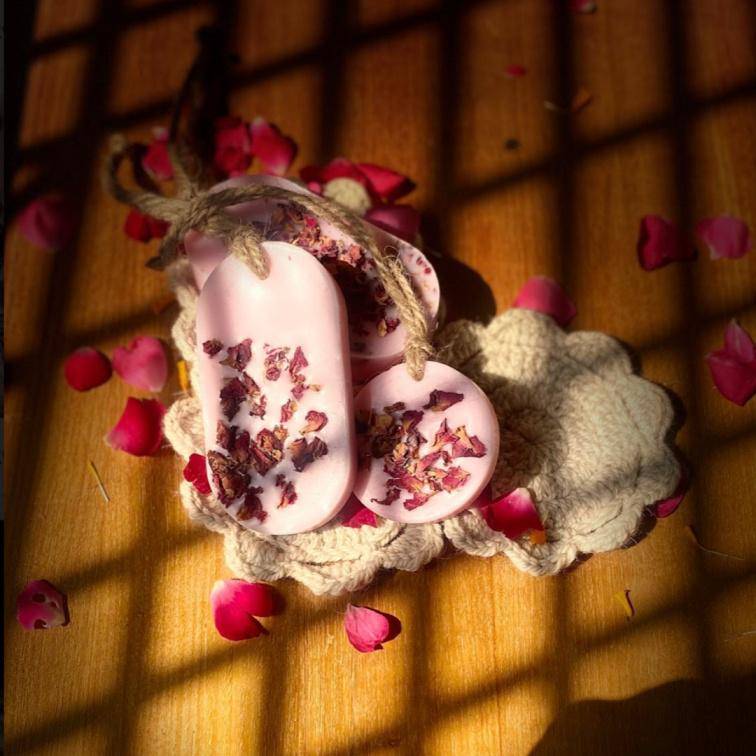
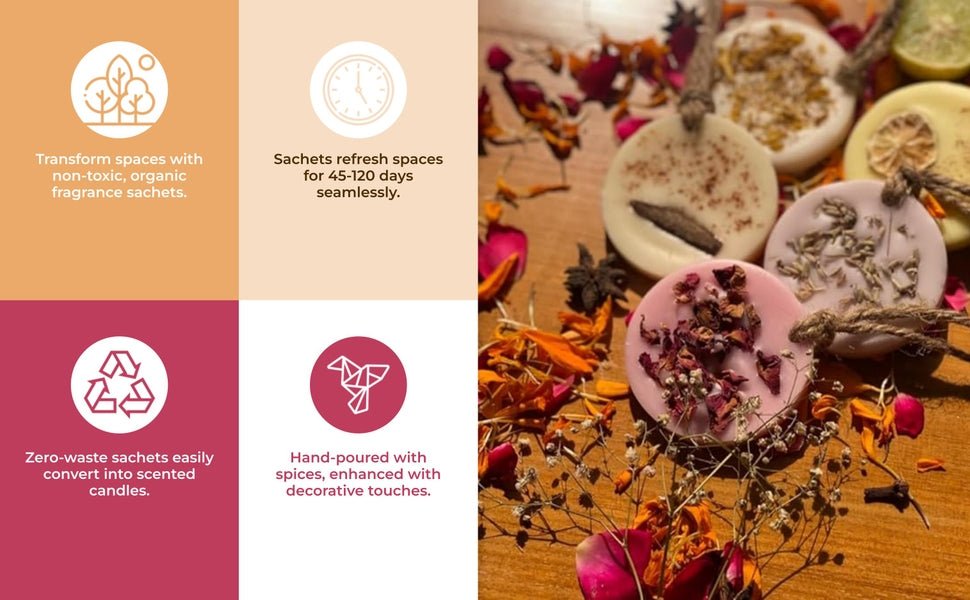
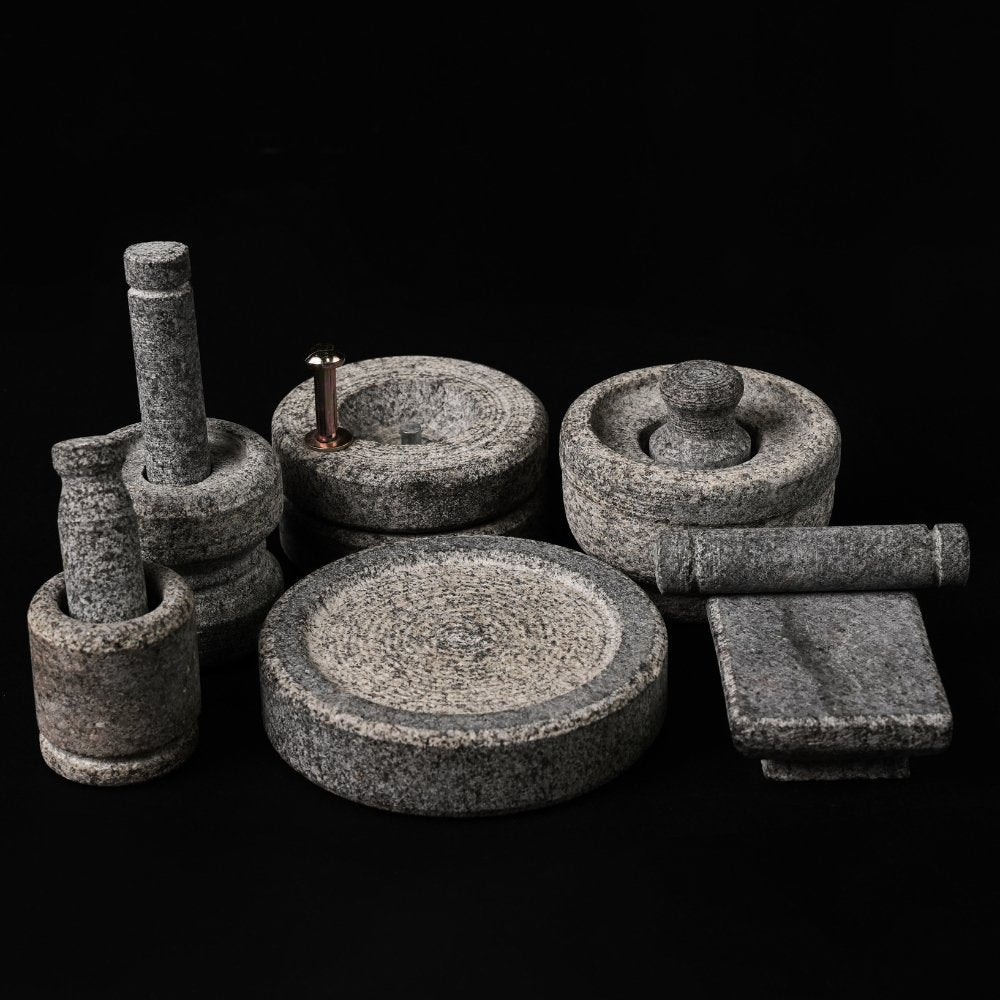
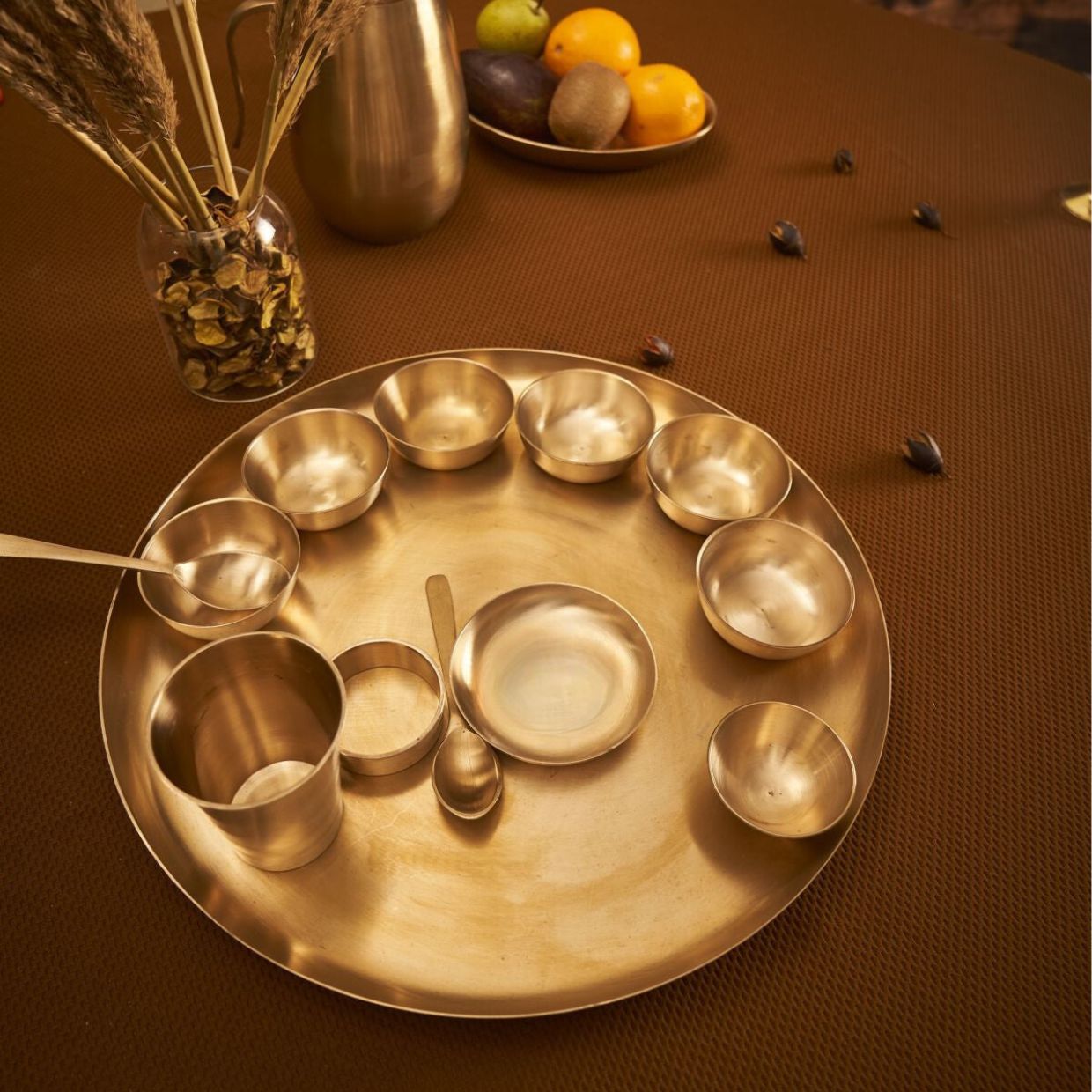
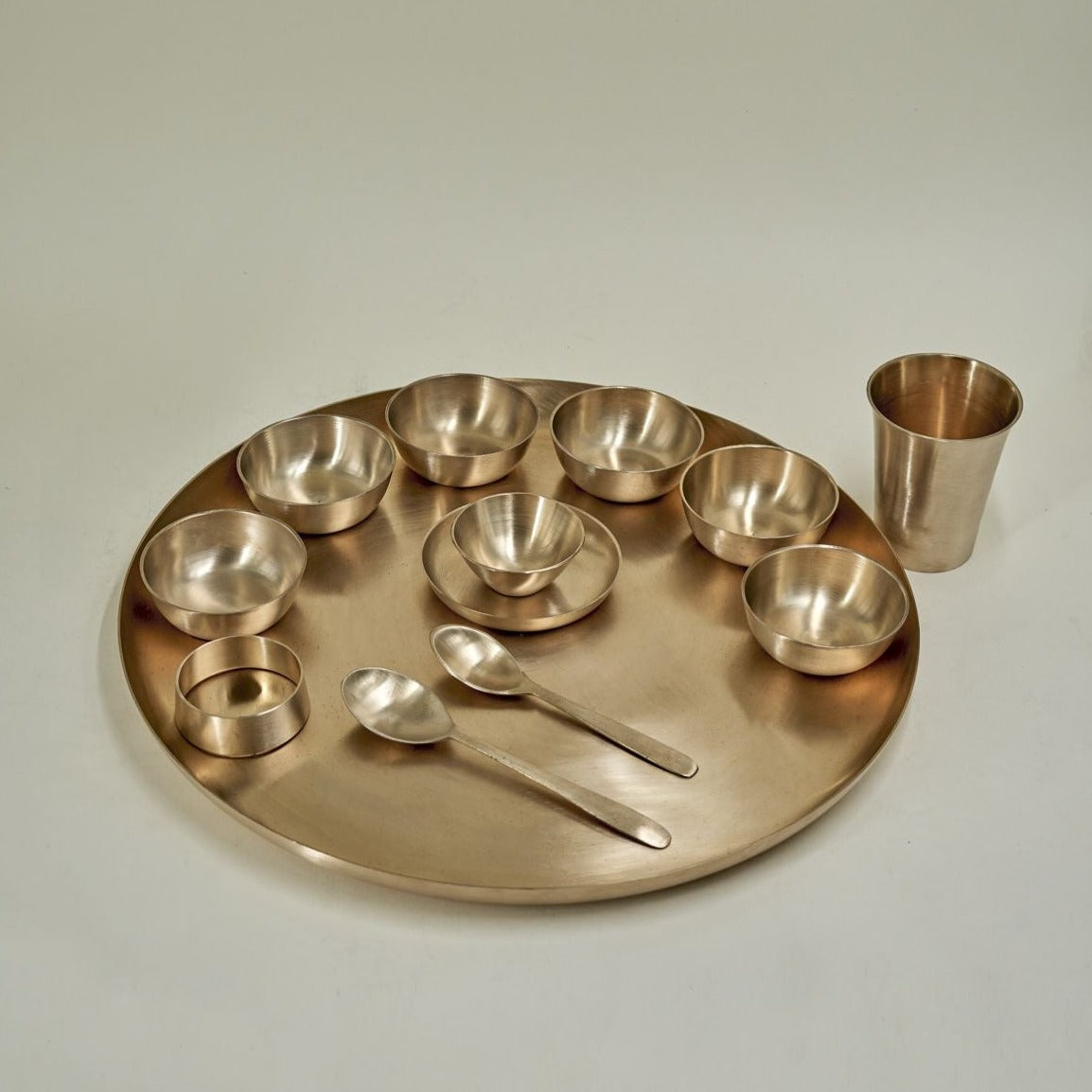
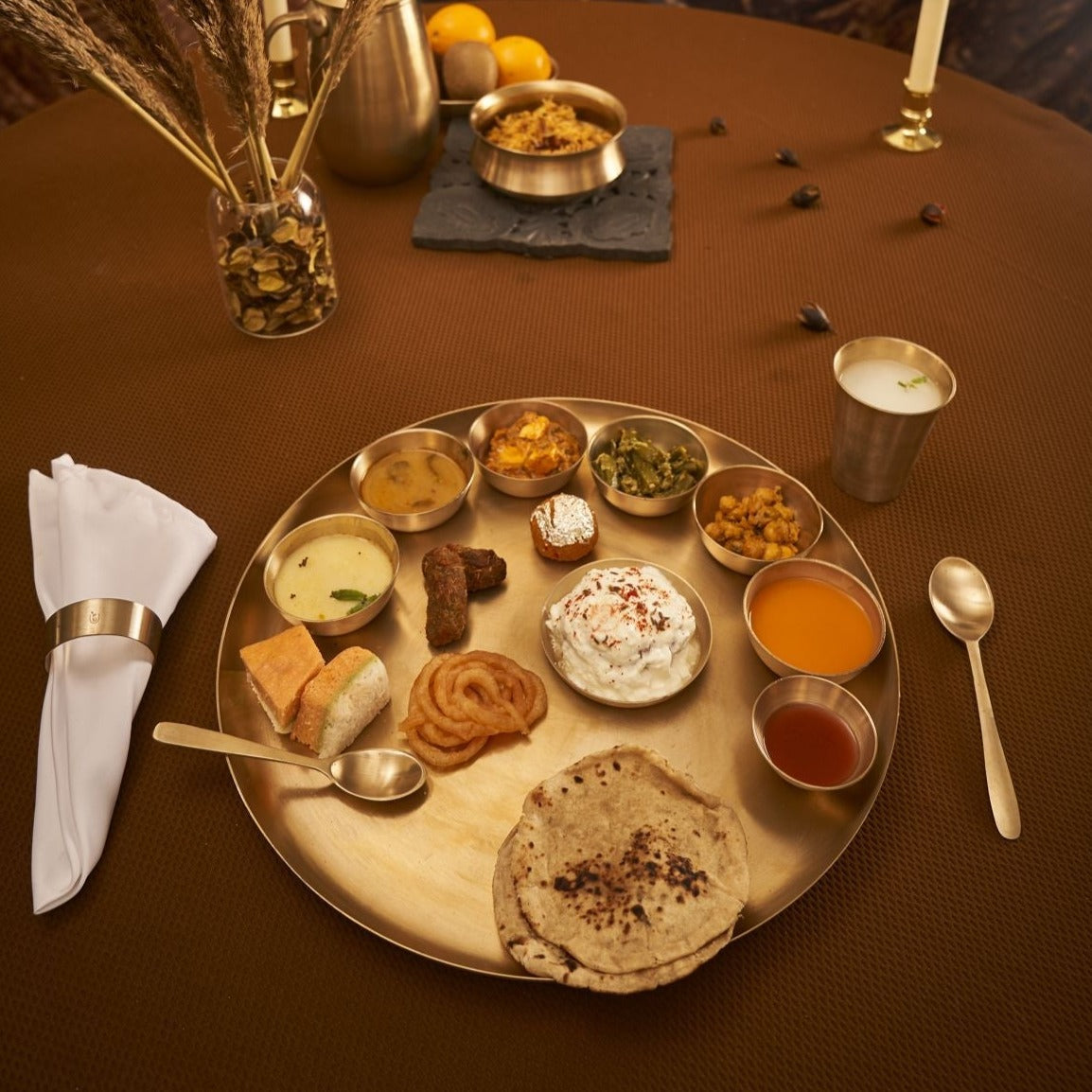
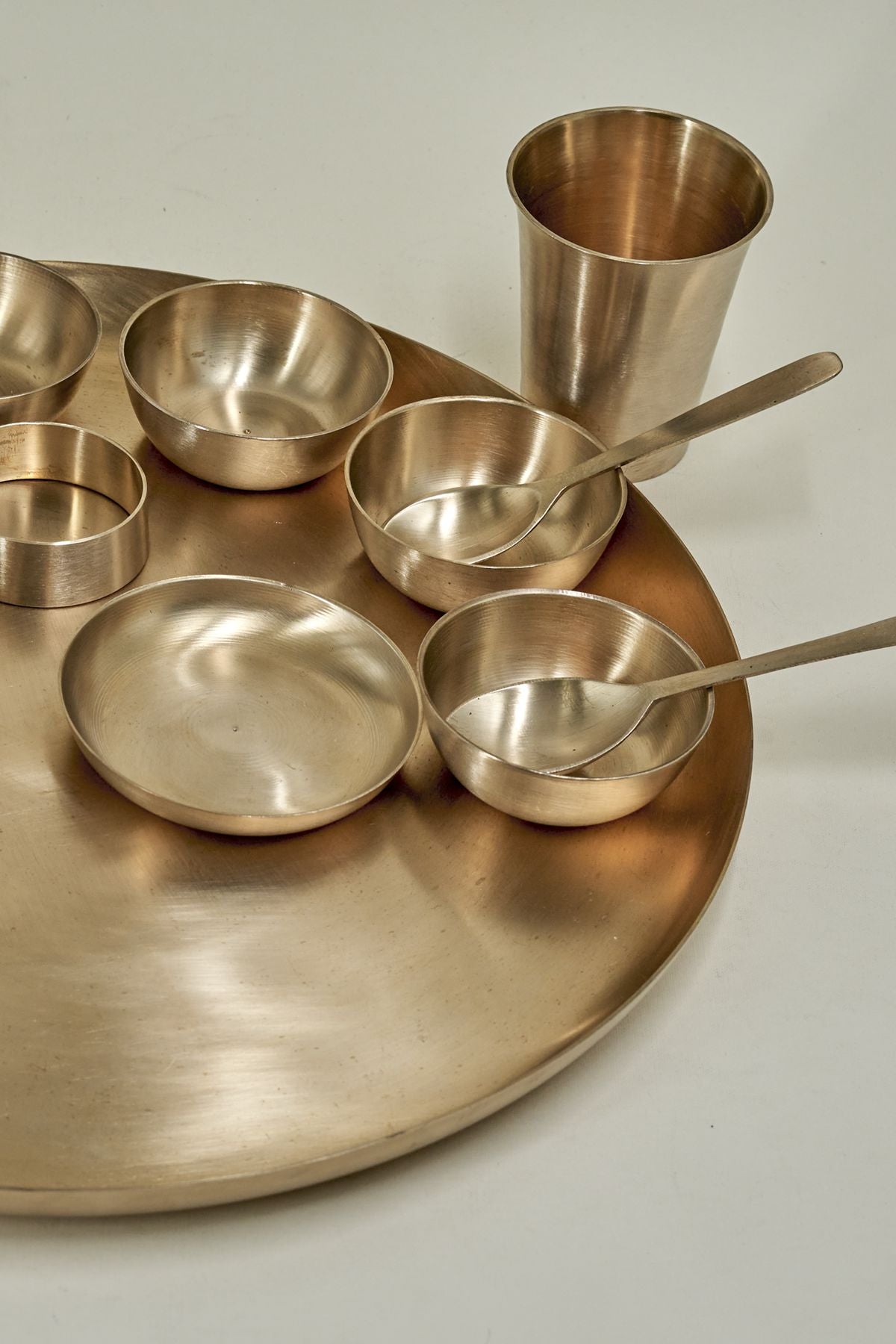
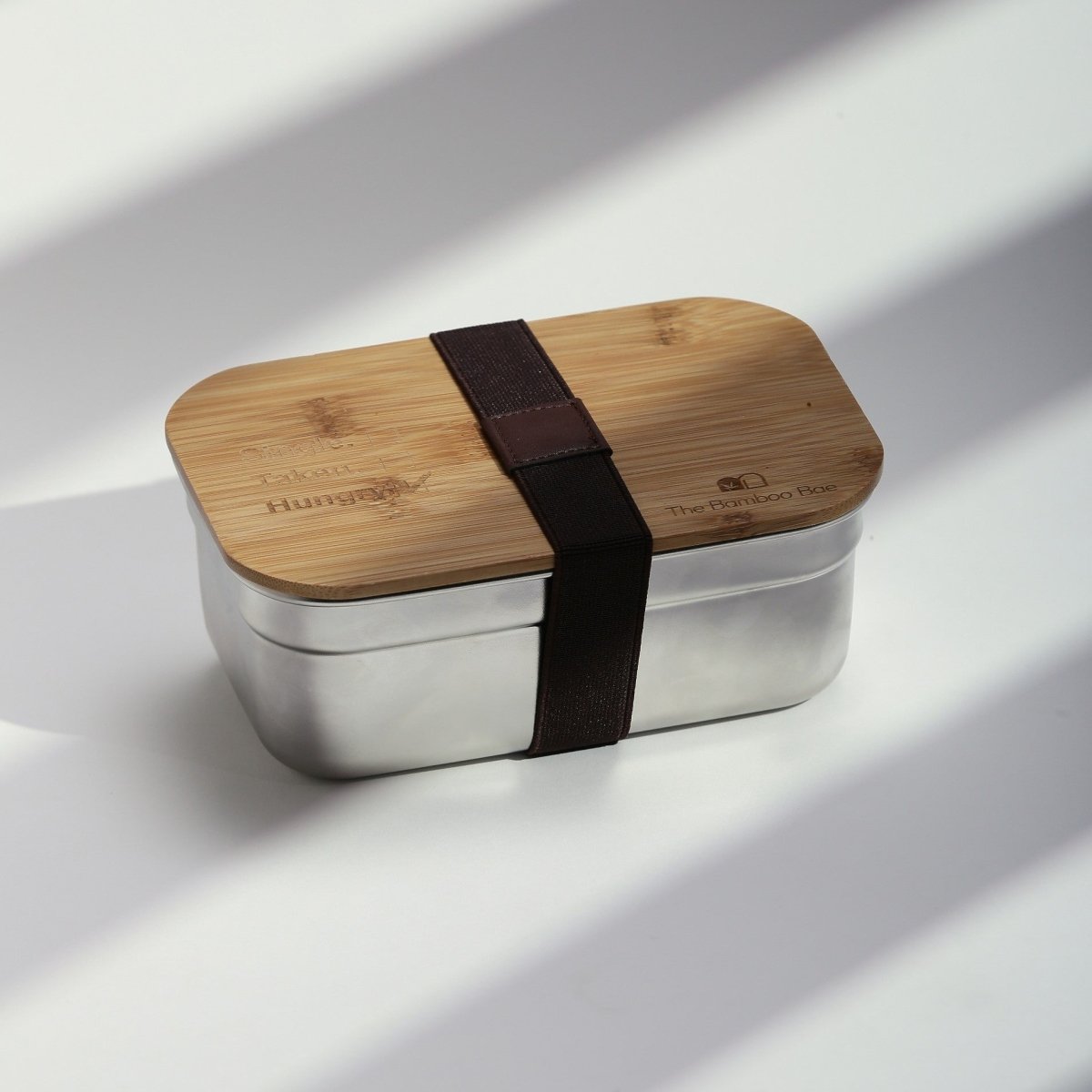

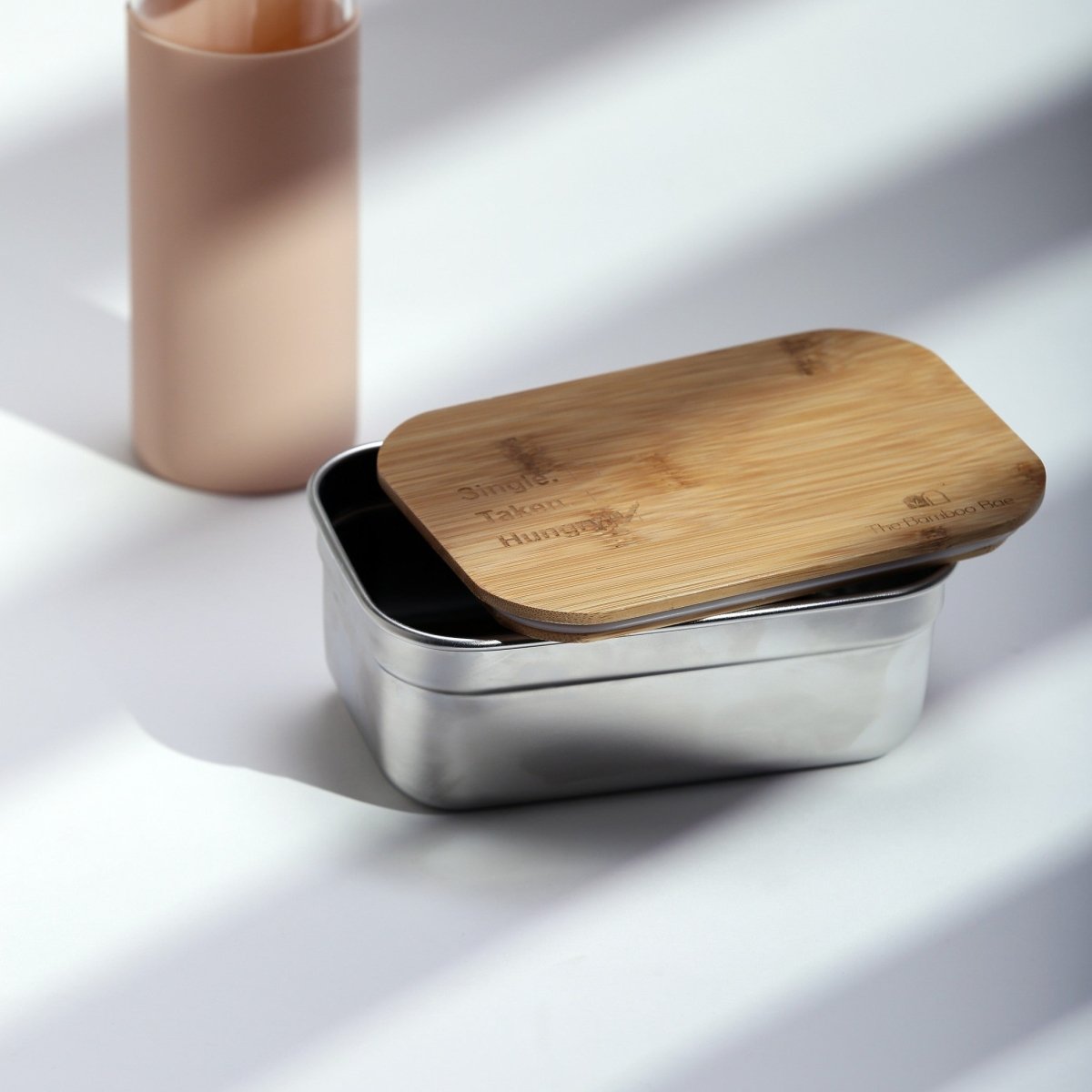
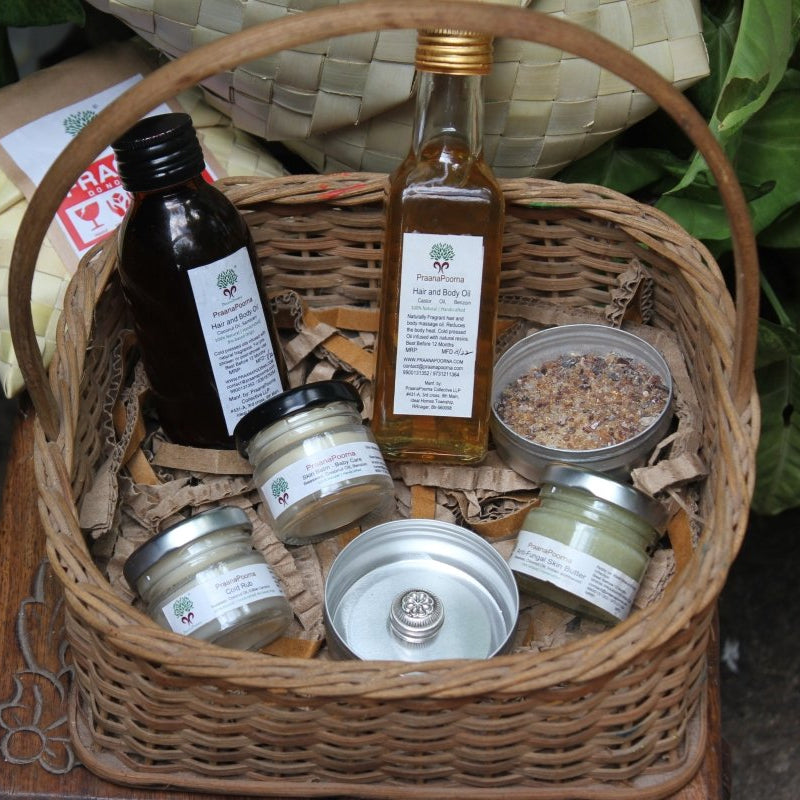
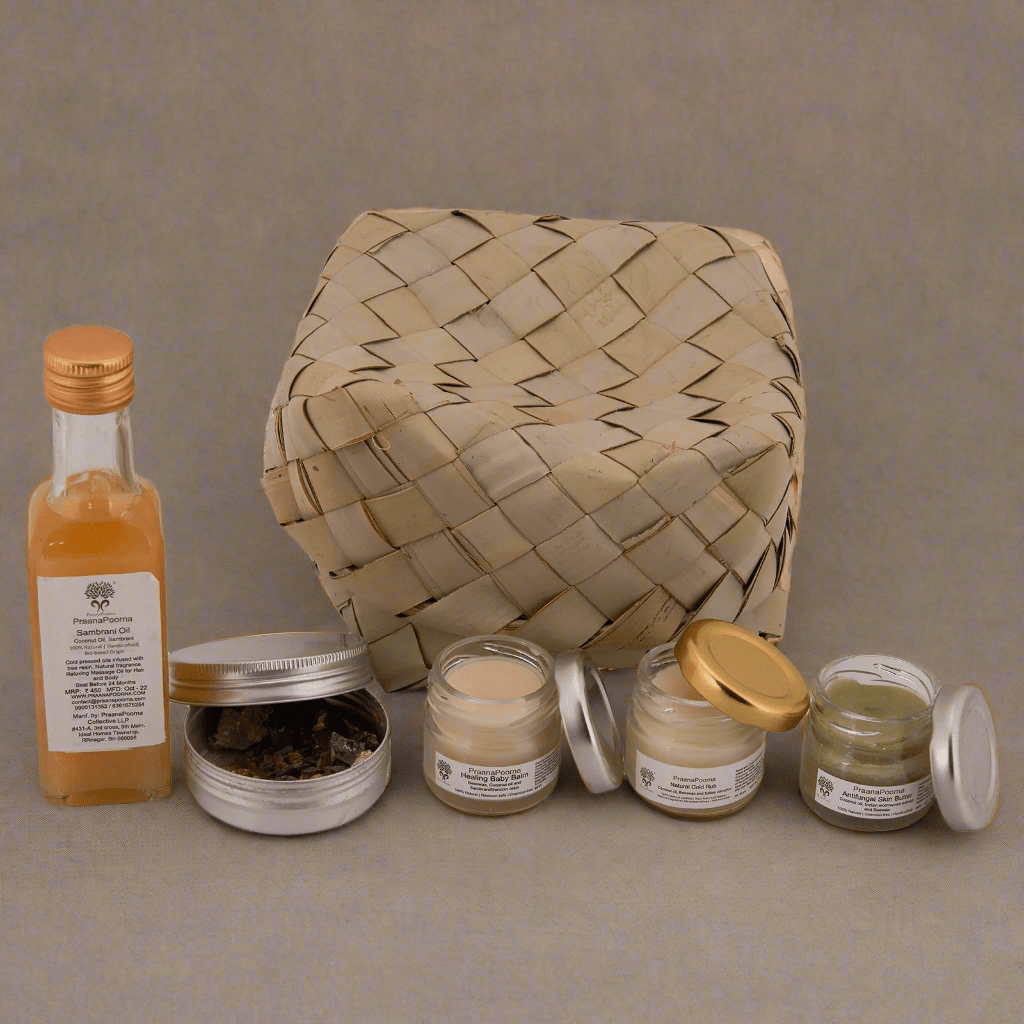
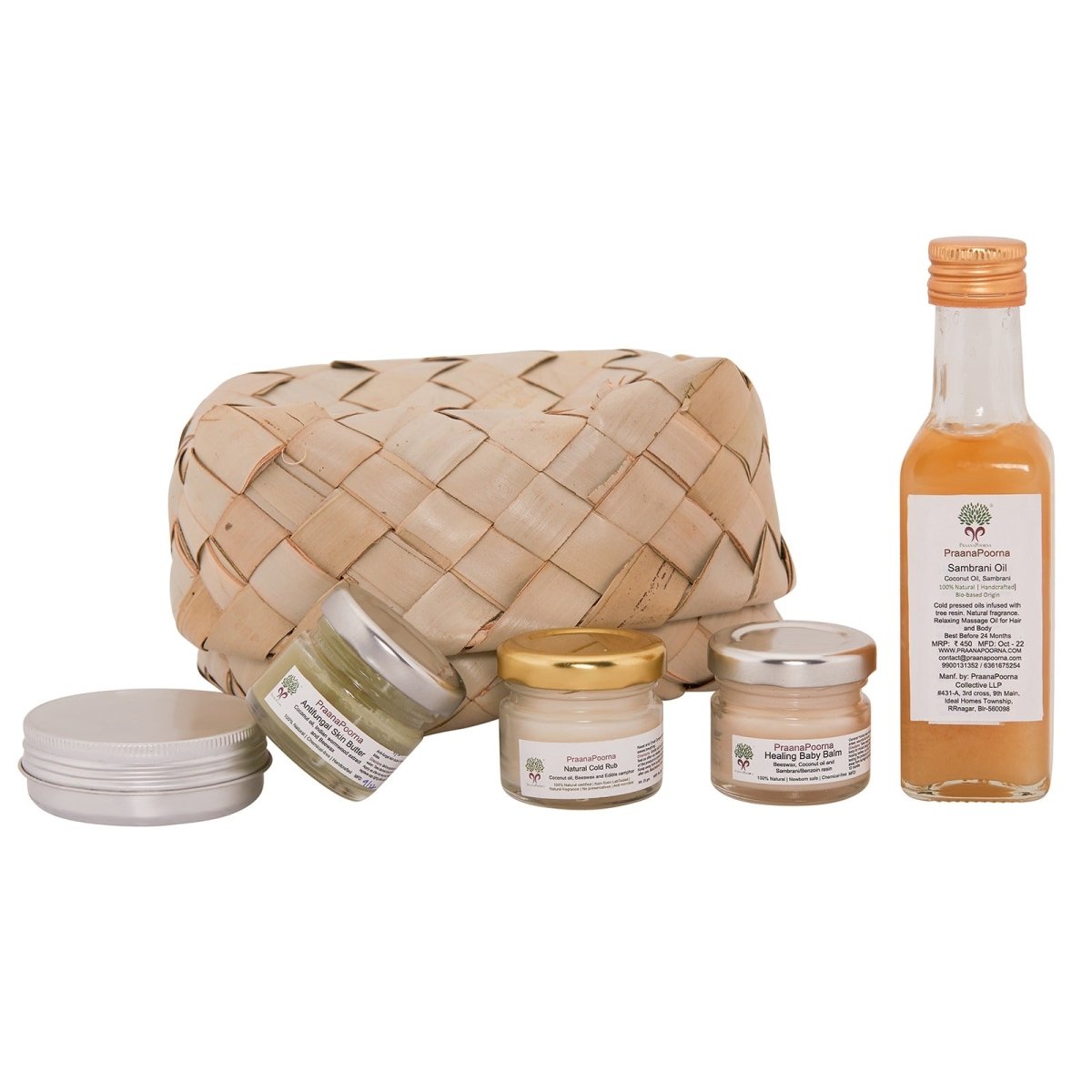
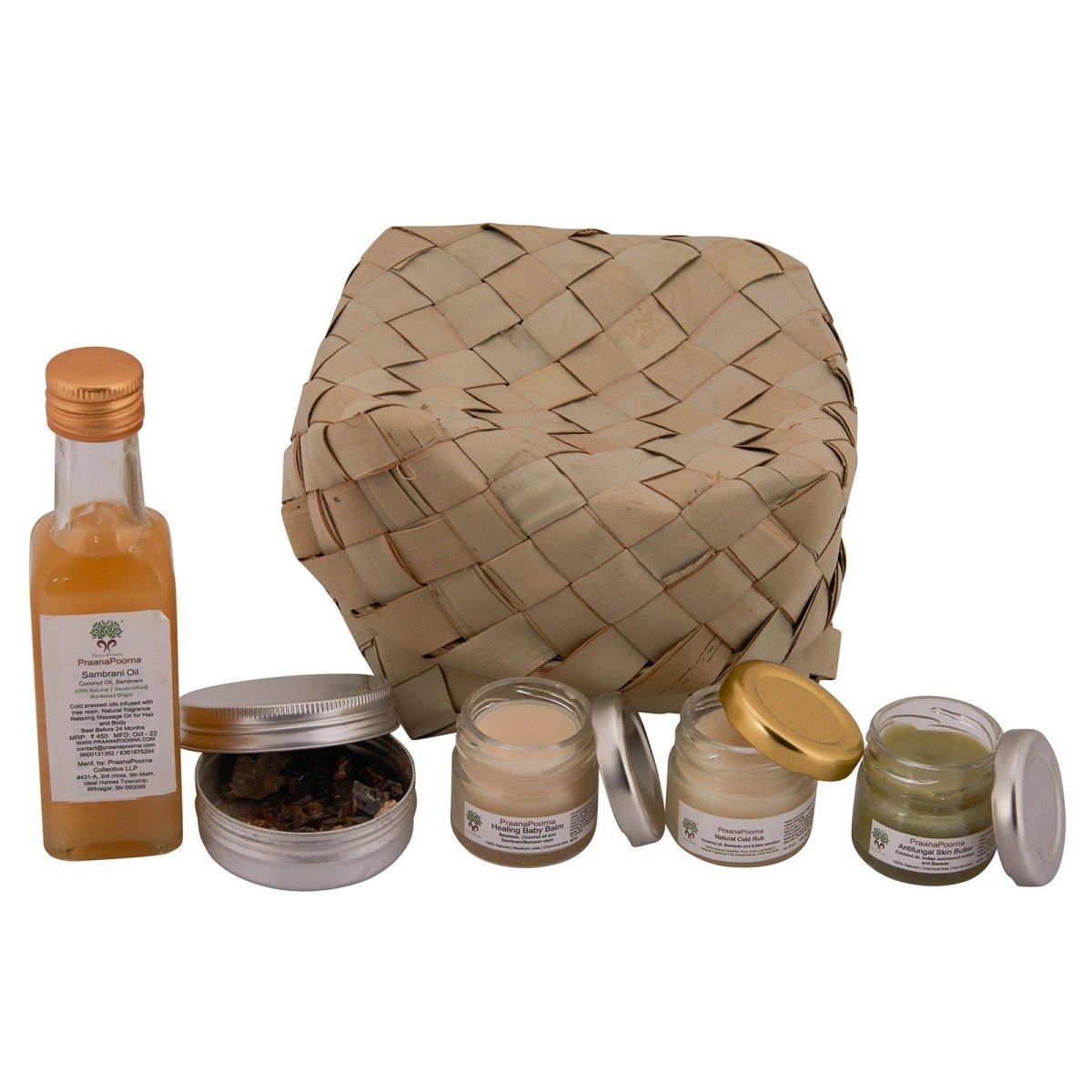
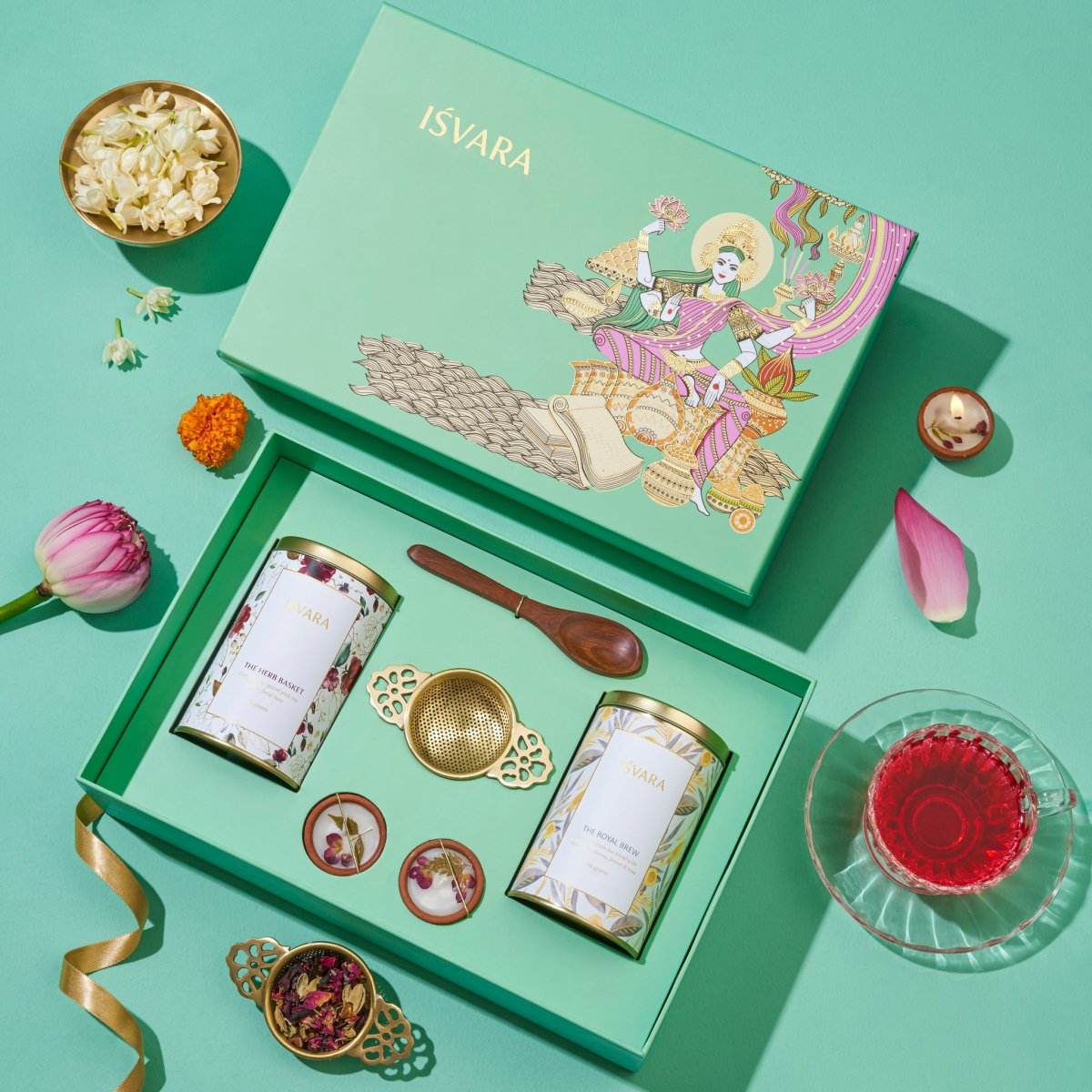
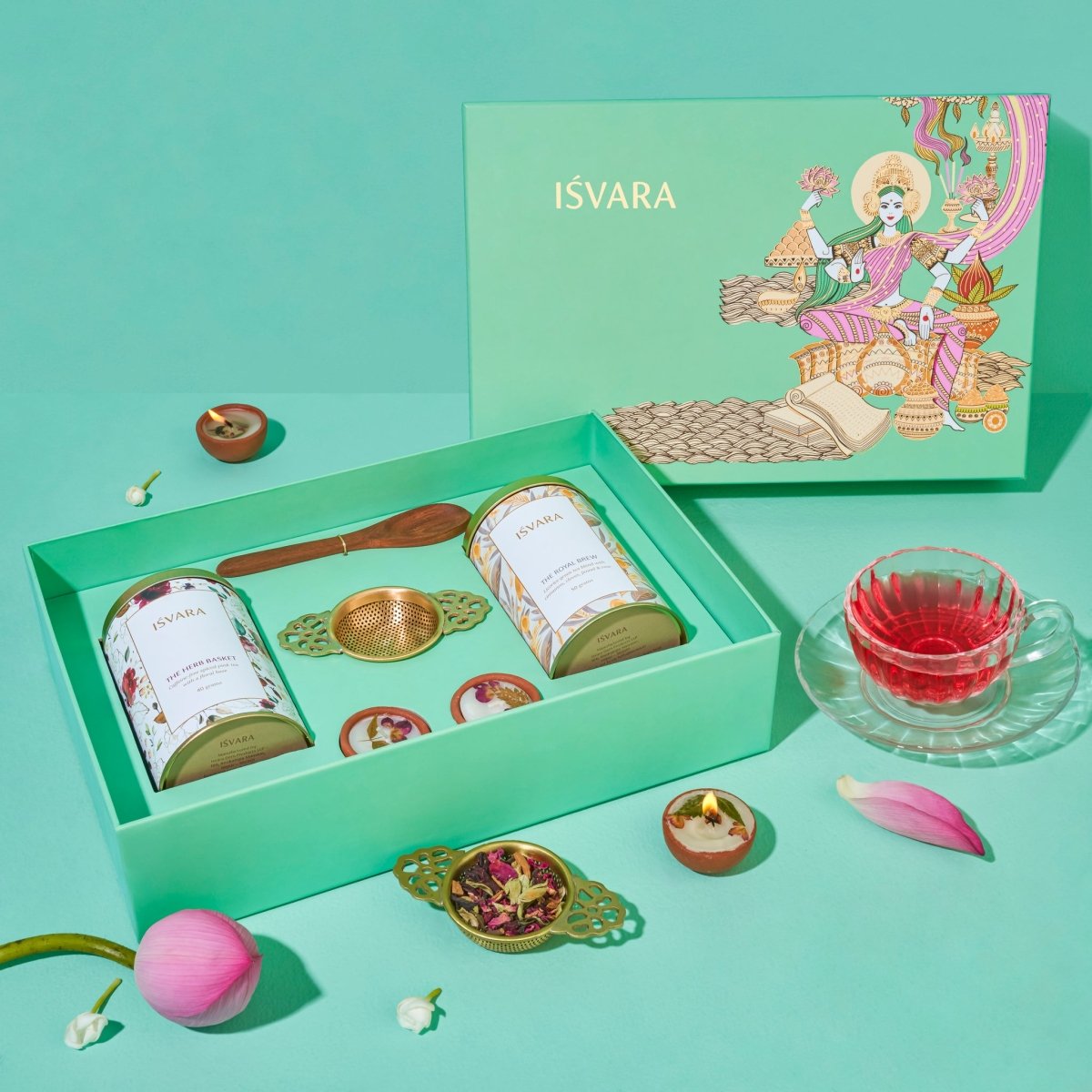
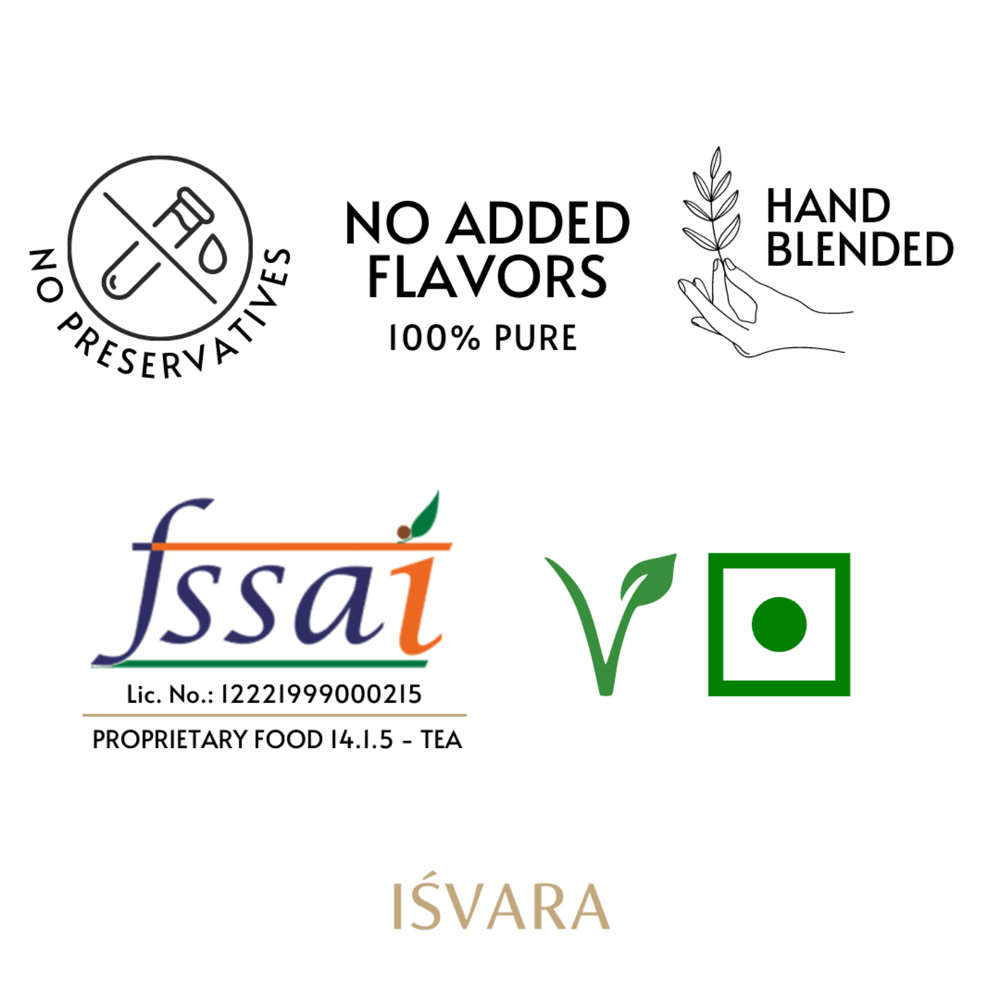
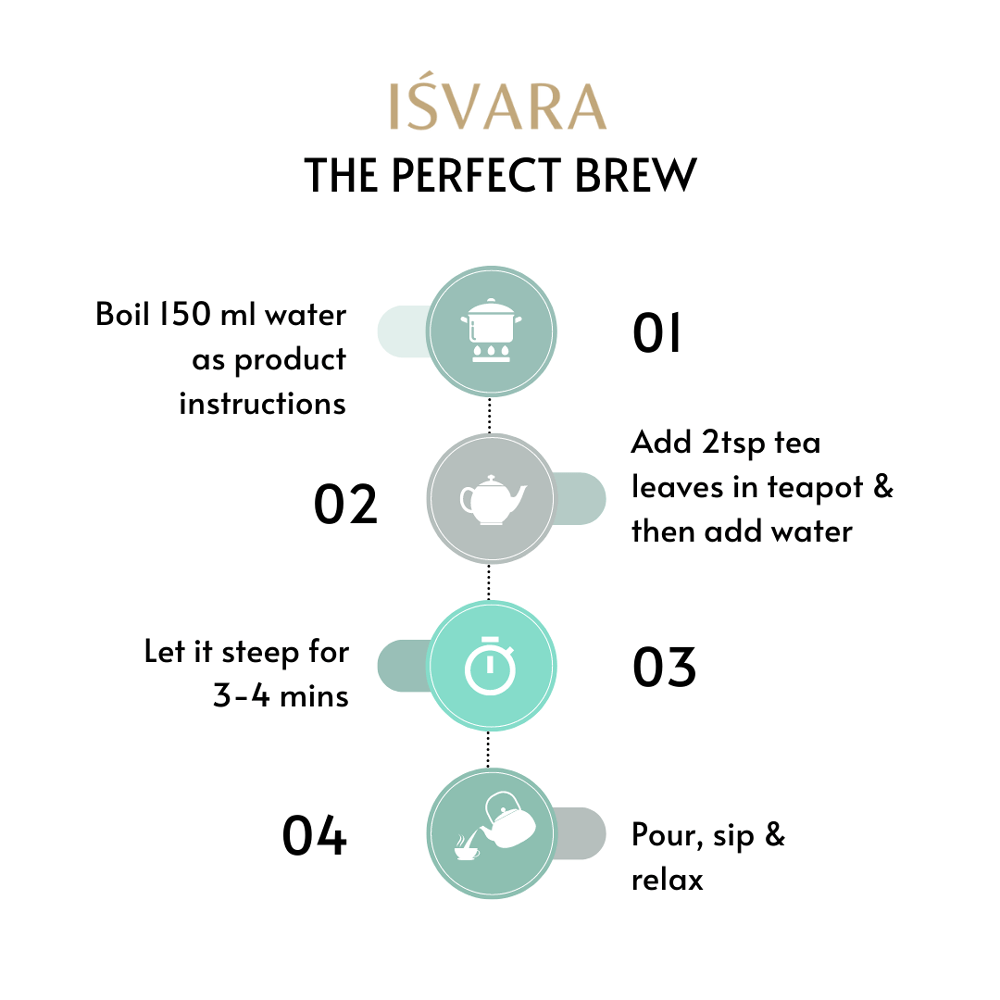
Share:
National Startup Day Spotlight: How Sustainable Marketplaces Are Supporting Green Innovators
How to Store Organic Cereals And Grains to Maintain Freshness?